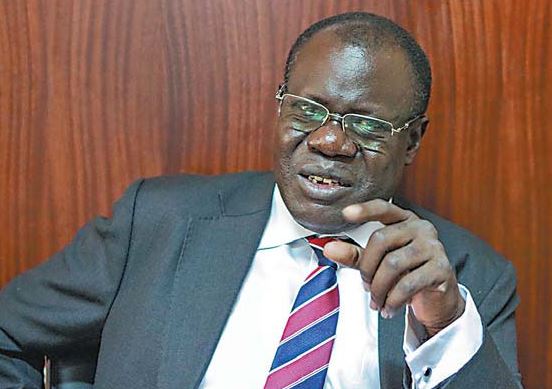Kilgoris MP Julius Sunkuli has thrown his weight behind the Meteorology Bill, calling it a transformative step toward modernizing Kenya’s weather forecasting systems. The proposed legislation, which aims to establish the Kenya Meteorological Service Authority, has already passed through the Senate with amendments and was recently read for the second time in the National Assembly.
Sunkuli emphasized the need to treat meteorology as a rigorous scientific discipline, distancing it from traditional weather prediction methods often rooted in cultural practices.
“Let us be clear meteorology is a science, not traditional guesswork,” said Sunkuli. “We cannot conflate the study of the atmosphere with reading animal intestines.”
The Bill, sponsored by Senate Majority Leader Aaron Cheruiyot, seeks to create a centralized authority mandated to regulate, coordinate, monitor, and manage meteorological services across the country. It also aligns Kenya’s meteorological operations with global standards, including those of the World Meteorological Organization.
While the legislation includes clauses criminalizing unauthorised weather forecasting with penalties reaching Sh5 million or jail terms Sunkuli insisted the success of the Authority will depend on sufficient investment in technology, equipment, and training. He referenced China’s advanced systems, including weather satellites, as a model Kenya could emulate.
“If we equip this authority properly, it will be able to predict weather in specific localities like Kilgoris. We cannot keep relying on satellite apps from abroad to tell us whether it will rain in our own backyard,” he noted.
However, the National Assembly’s Committee on Environment, Forestry, and Mining proposed including Traditional Indigenous Knowledge (TIK) as a complementary tool. Tiaty MP William Kamket defended this, citing the accuracy of traditional methods in some communities.
Sunkuli countered this position, urging Parliament to “embrace science fully” and ensure current meteorological staff are retrained and upskilled to meet new standards.
“The new institution should benchmark globally and deliver better results. You can’t squeeze water from a stone,” he asserted.
The Bill also mandates the Authority to provide calibration certification, regulate weather-modification activities, and develop training curricula to enhance capacity in line with international standards.
Sunkuli concluded with a pointed remark: “Let’s stop slaughtering animals to guess the weather and start building satellites.”

